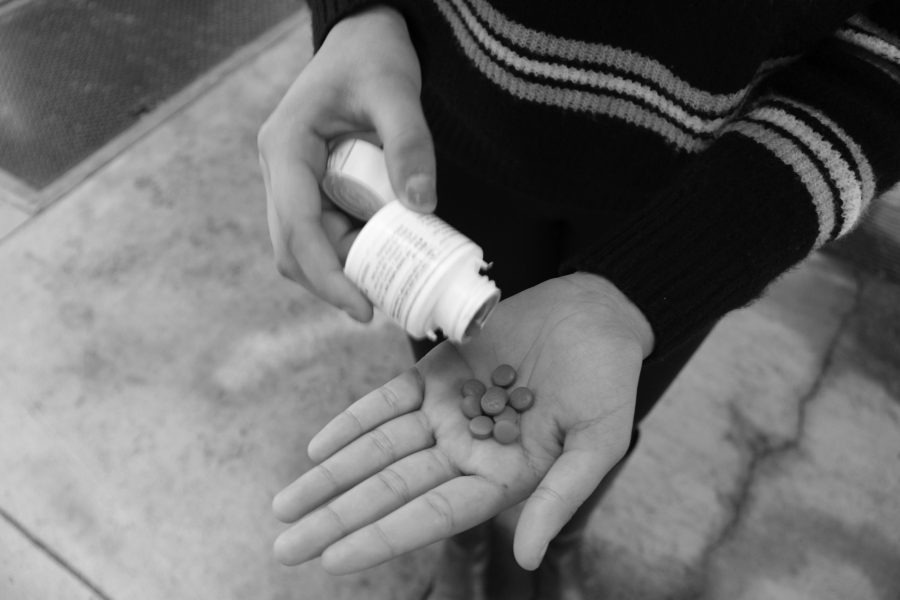Everybody knows the feeling of not being able to fall asleep. After a long, tiring day, you come home, get into comfy clothes, jump into your bed, only to find that you are now wide awake. You stare at your ceiling and watch the clock tick away into the early morning.
Suddenly, it is 2 a.m. and you have to be up in less than five hours, but you still cannot seem to close your eyes for good.
As a result of having difficulty sleeping, many Paly students have turned to melatonin supplements.
Melatonin is a naturally occurring hormone in your bloodstream that puts you in a state of “quiet wakefulness” that “helps promote sleep,” sleep expert Luis F. Buenaver said in an article by Johns Hopkins Medicine.
While melatonin is widely known as the “sleep hormone,” in reality, it does not put you directly to sleep.
Rather, the levels of melatonin in your body naturally heighten in the evening, making your body relaxed and allowing it to get ready for sleep.
However, common occurrences in students’ everyday lives, including blue and green light emitted from phones and laptops, disrupt this natural cycle, leading to difficulty sleeping, according to an article by Johns Hopkins Medicine.
These lights neutralize melatonin’s effects, because they trick your brain into thinking it is daytime, according to Buenaver.
When melatonin levels are compromised during the night, many people reach for their melatonin pills, which minors can purchase at local drug stores, according to Kadakia.
These supplements mimic the effects of natural melatonin, helping people become “tired.”
“I take melatonin to help me fall asleep because I have a hard time falling asleep late at night,” senior Karina Kadakia said. “The beneficial effects of melatonin (are) how it makes me groggy and I fall asleep within the first 30 minutes of taking it.”
While taking melatonin on a daily basis does not negatively impact health, according to a Johns Hopkins Medicine article, some students, including senior Natalie Schilling, only take it occasionally due to its side effects of grogginess the following day.
“I usually take melatonin when I haven’t slept very well for consecutive nights and I need to ensure good night’s rest,” Schilling said. “I try to avoid taking it on a daily basis.”
Kadakia said she also experienced the tiredness associated with taking melatonin late at night.
“If I were to take it around 11:30 p.m. or 12 a.m., it takes about 30 minutes to kick in,” Kadakia said. “When I wake up, I feel myself feeling overly tired and it’s not as easy to wake myself up. I find it harder to pay attention in my classes and I will be a bit slower during the day.”
Another side effect of taking melatonin is the risk of “addiction.” According to Healthline, while there are no current studies proving that melatonin is an addictive substance, many people find that they need to take it every night, or else they are unable to fall asleep.
Fortunately, Kadakia and Schilling both said they have managed to stay away from this dependence.
“I used to feel like I needed it to fall asleep, but that soon went away,” Kadakia said. “Now that I have a lot to do during the day, I find myself feeling naturally tires and not needing it as much. Now, I will only use it if I had taken a nap during the day and screwed up my sleep cycle, but that is very rare.”

